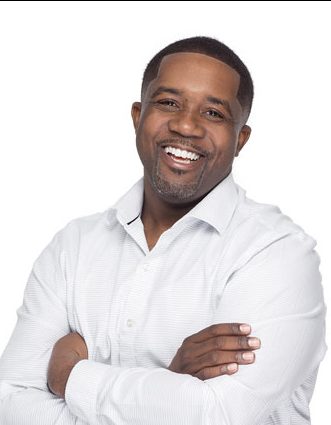By Donovan Thigpen

How to engage in politics (without becoming toxic)
Psalm 133:1 How truly wonderful and delightful to see brothers and sisters living together in sweet unity!
One of our most important responsibilities as Christians is to be of one heart and mind, just as the Father and our beloved Jesus are one. That is the indicator to the world that our heavenly Father sent His son Jesus. (John 17:23) As we strive to mature in this type of oneness, the world will peek into the window of Christianity and see brothers and sisters living together in sweet unity. It is our unity that gives the world evidence of God’s love for people — a love characterized by God’s love for His son Jesus.
Political divisions can hinder that kind of unity. Division is a weapon that Satan uses against the church. As Christians, we should guard against it. Let us not allow ourselves to become caught in the snare of political rhetoric.
Some Christians fall into this snare and begin to view people of an opposing political party as enemies — even if those individuals are fellow believers. This perception is not commensurate with the Gospel. People who share differing political views are not enemies; they are neighbors, and many times, brothers and sisters in Christ. As Christians, we are commanded to love them just as we are commanded to love all people. Love is essential to our unity.
Paul says in Romans that it should be our top priority to live a life of peace, maintaining harmony in our relationships. If we insist on placing our opinions above attempts to unify, we can impede the work of God and give way to the very toxicity that leads to disharmony. So instead, we should be quick to repair division. We must resist the temptation to double down on political beliefs and remember that it is wrong to use our beliefs to deliberately offend someone. Such behavior is not a reflection of love or of God.
As Christians, we should consider it an act of love to listen to others and seek to understand their points of view. This does not mean that we abandon our own personal convictions, but rather that we ensure those convictions are not used to promote division. When we engage in political conversations, we should be quick to listen, slow to speak and slow to become angry, not disinclined to hear, anxious to speak, and swift to become angry.
In today’s political climate, it can be difficult to have meaningful conversations with people who share different views, but we can work toward these conversations by first freeing ourselves from pride-filled opinions that threaten unity. As believers, we are charged to offer an open hand of fellowship to every Christian brother and sister (regardless of political preference) and to refuse to participate in unfruitful debates. If we put others first and see them as more important than ourselves, we might gain a better understanding of why they think or vote differently than we do.
It is possible to achieve unity amid diversity. We must agree to live in unity with one another, put aside any division that attempts to tear us apart (1 Corinthians 1:10), pray for restoration in the body of Christ and strive to live in perfect harmony.
May God grace us with a unity that flows from our relationship with Jesus Christ and that manifests in our relationships with one another.
Donavon Thigpen is married to Alice Thigpen and is the proud father of Genesis, Zoë and Eden. He is also the lead pastor of a multiethnic, multigenerational and socioeconomically diverse congregation at One Church.

